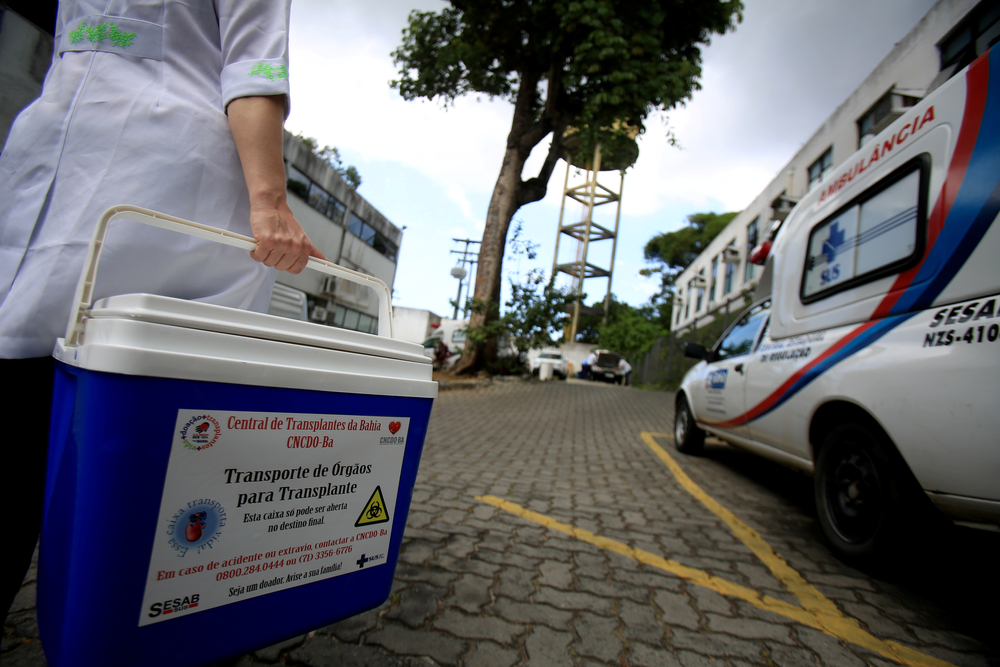
4. You are not limited by a medical condition to be eligible
Just like we’ve said previously, there are not that many medical conditions that can make organ donation impossible for someone. However, health conditions like HIV or cancer make registering for organ donation useless.
5. There are not enough donors
Although half of the American citizens have put their names on the organ donation lists, an average of a little over 20 patients die waiting for organ transplants that could’ve saved their lives. Having several potential donors will make sure that as many patients as possible are able to be saved.
TAKEAWAY
There are many myths that can make people hesitant when it comes to organ donation, such as being against religious beliefs, or the impossibility of an open-casket funeral. In reality, what happens to someone that donated their organs is no different than what happens when an autopsy is performed on them. Once the bodies are clothed, nobody can tell the difference.
Also, when it comes to religious beliefs, many religions support organ donation, such as Islam, Catholics, Protestants, and many branches of Judaism. They see this gesture as an act of love towards other people.
Another reason why people are afraid of registering as organ donors is that they believe that if they do that, when something like an accident happens, doctors won’t care about saving their lives because they are organ donors. This is just a myth because all patients are equal. Also, someone is considered suitable for organ donation after they have been declared brain dead or if it is decided that further care won’t have any positive impact. Keep in mind that there are very strict and serious rules that must be followed before someone is declared legally dead.
At the end of the day, everyone has the choice to think for themselves whether they want to save others’ lives when they will be dead or not. Nobody can decide that for anyone, so the final decision belongs to you!











































